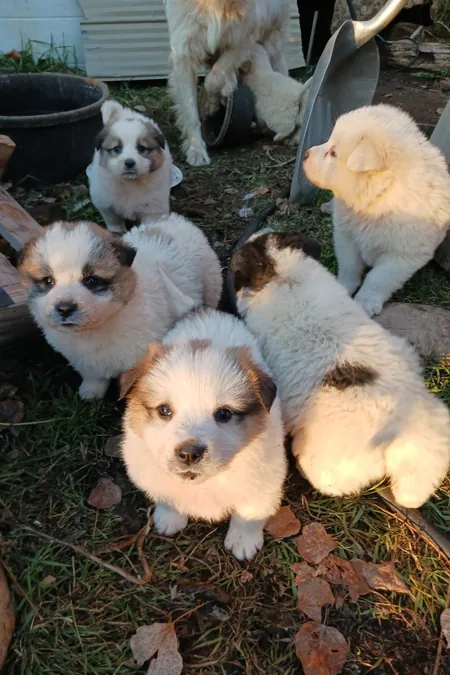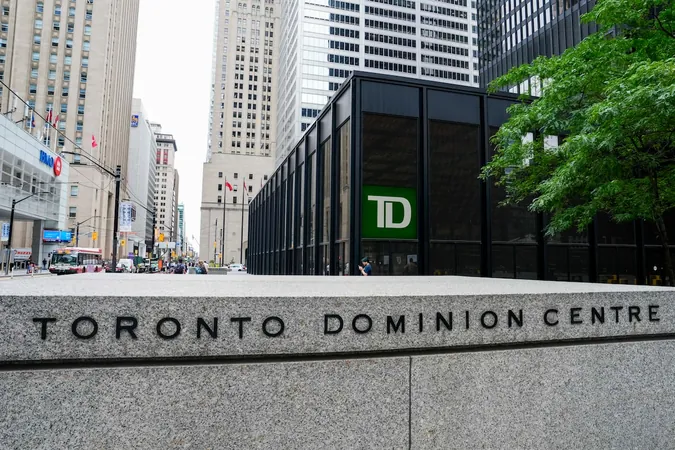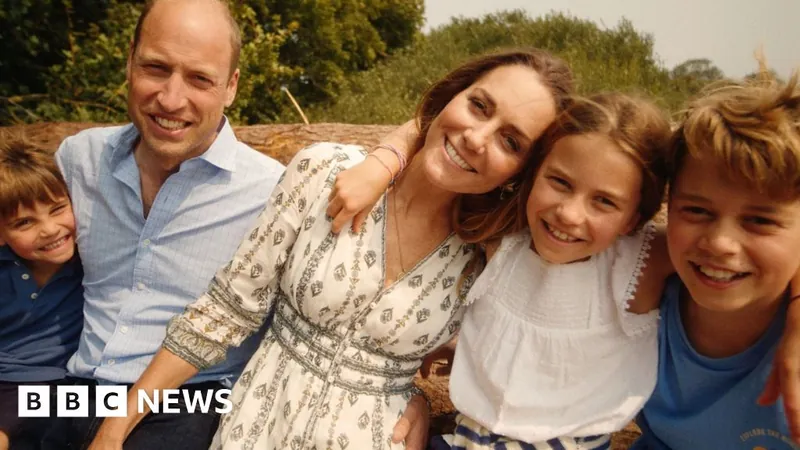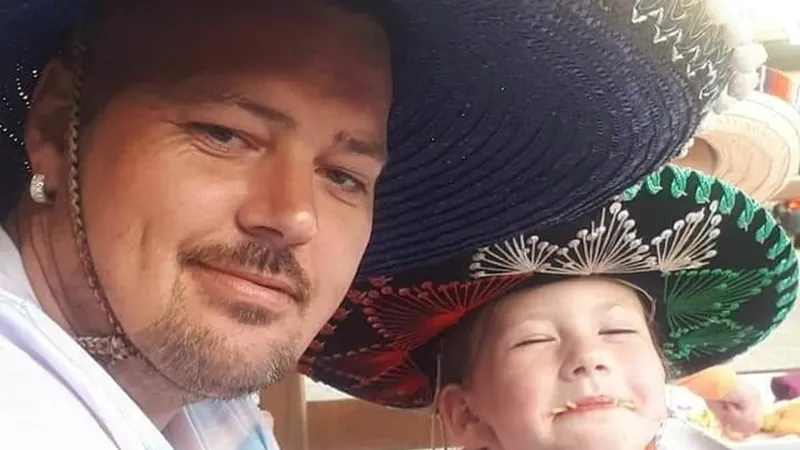
Shocking Discovery: Parvovirus Found in Puppies Left Behind After Owner's Death in Alberta!
2024-12-07
Author: William
LAKELAND - Tragic circumstances have unfolded in Northern Alberta as approximately 15 dogs were abandoned on a rural property following the death of their owner this fall.
Recently, a bitter setback occurred when three puppies, meant to be adopted, were diagnosed with parvovirus and subsequently had to be euthanized.
The alarming development came to light when a woman, who had intended to foster four remaining puppies from one litter, arrived only to discover a grim scene. “I went out there with the intent of fostering those puppies. When I arrived, one was dead, the other one was gravely ill, and the other two were symptomatic. It was heartbreaking to learn they couldn't be saved,” she shared, choosing to remain anonymous.
Despite the heartbreaking news, Toby Neuendorf, the man spearheading efforts to care for this group of dogs, remains hopeful. With the help of generous community members rallying to support the cause, he is dedicated to ensuring the remaining dogs are fed and cared for.
Earlier in the adoption process, two puppies from the same litter found loving homes, and fortunately, their new owners have reported that those dogs are healthy and unaffected.
Veterinarian Dr. Jasmin Teske from St. Paul explained the severe implications of parvovirus, which attacks the gastrointestinal system and poses significant risks, particularly to puppies. “Immediate signs include vomiting and diarrhea. Unfortunately, the reality is that treatment is mostly supportive care, as there is no cure for parvovirus,” Dr. Teske elaborated.
Unvaccinated puppies are especially vulnerable to this dangerous virus, while adult dogs and larger breeds generally have a stronger resilience. "Puppies that recover from parvo typically shed the virus for only about two weeks after clinical signs are gone, meaning they aren't long-term carriers," added Dr. Teske.
For individuals considering adopting one of the remaining dogs, Dr. Teske suggests consulting with a veterinarian and reviewing the vaccination history of their pets. “If the remaining adult dogs show no signs of illness, the likelihood they’re infected is low. However, adopters need to be cautious to prevent any unvaccinated pets from potentially contracting parvovirus,” she warned.
For safety, she recommends isolating any new puppy or dog from other pets for a period of three to five days after adoption to monitor for any signs of illness.
With parvovirus being a common issue in the area, largely due to the presence of stray and unvaccinated dogs, vigilance is crucial. “The virus can persist in the environment for an extended time, particularly in places like dog parks, where high populations of dogs interact,” Dr. Teske warned.
The most effective way to safeguard dogs against this devastating virus is through timely vaccinations. While no vaccine offers complete immunity, it significantly reduces the risk of contracting the virus and alleviates the severity of the disease if infection occurs.
“It’s important to note that treating parvovirus can be extraordinarily expensive, while vaccinations are a fraction of that cost,” Dr. Teske concluded.
As the community rallies to support the remaining dogs, the hope is that they can find safe and loving homes, and that education on the importance of vaccinations and proper pet care continues to spread. Stay tuned for further updates on this heart-wrenching situation!









 Brasil (PT)
Brasil (PT)
 Canada (EN)
Canada (EN)
 Chile (ES)
Chile (ES)
 España (ES)
España (ES)
 France (FR)
France (FR)
 Hong Kong (EN)
Hong Kong (EN)
 Italia (IT)
Italia (IT)
 日本 (JA)
日本 (JA)
 Magyarország (HU)
Magyarország (HU)
 Norge (NO)
Norge (NO)
 Polska (PL)
Polska (PL)
 Schweiz (DE)
Schweiz (DE)
 Singapore (EN)
Singapore (EN)
 Sverige (SV)
Sverige (SV)
 Suomi (FI)
Suomi (FI)
 Türkiye (TR)
Türkiye (TR)